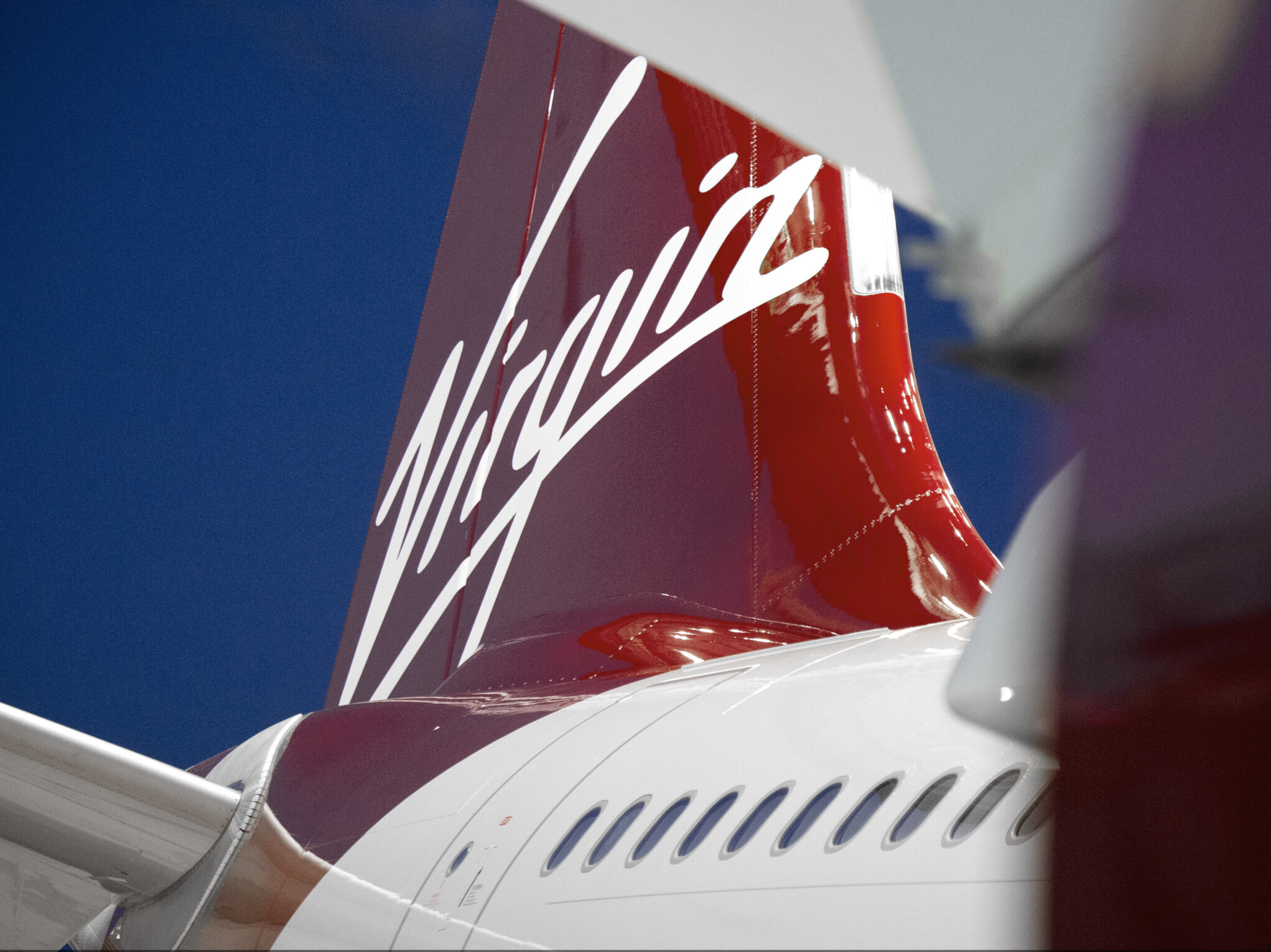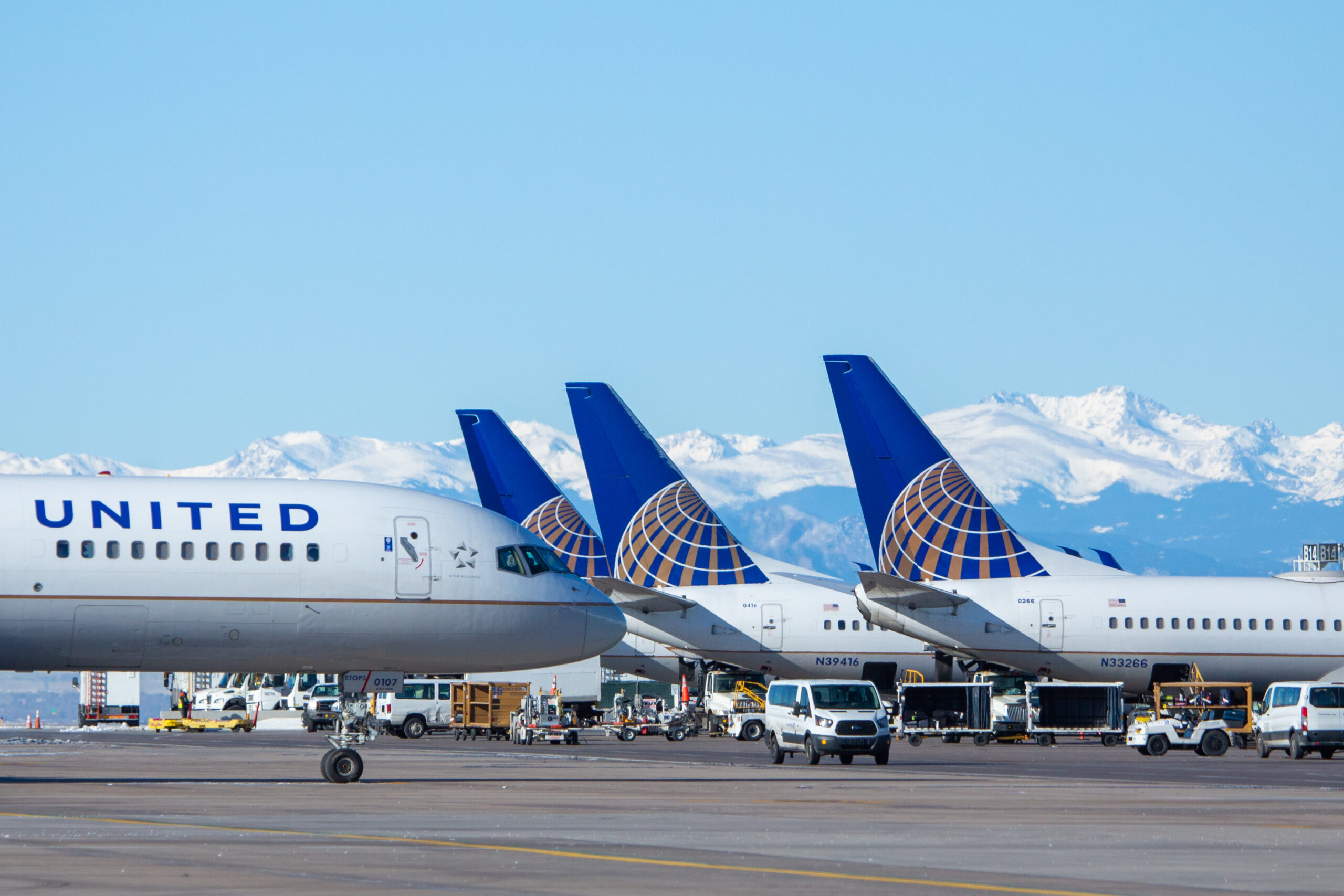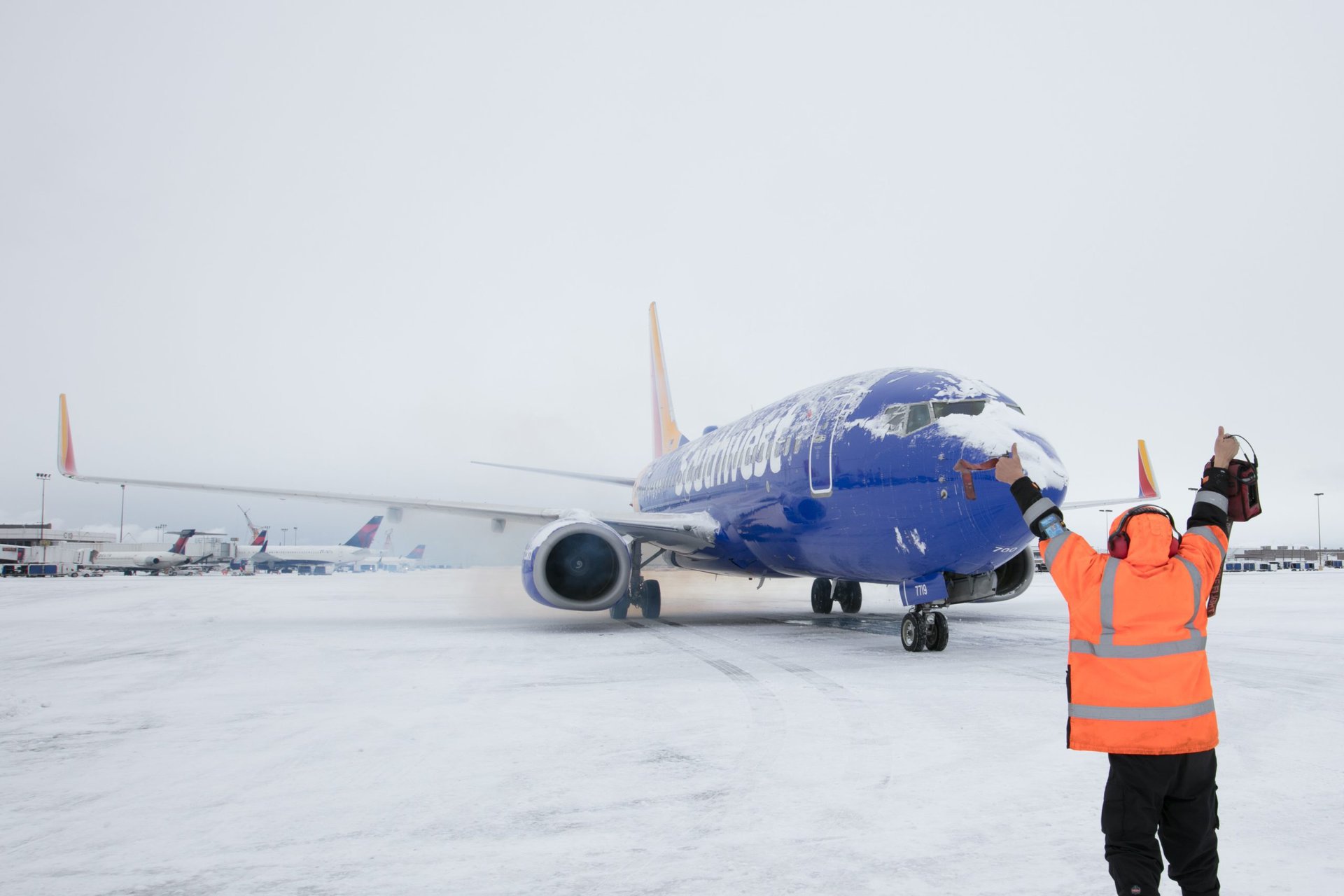Korean Air Completes Acquisition of Asiana Airlines
The two South Korean airlines will now begin a two-year process to finalize their merger
by George Gomez
December 12, 2024
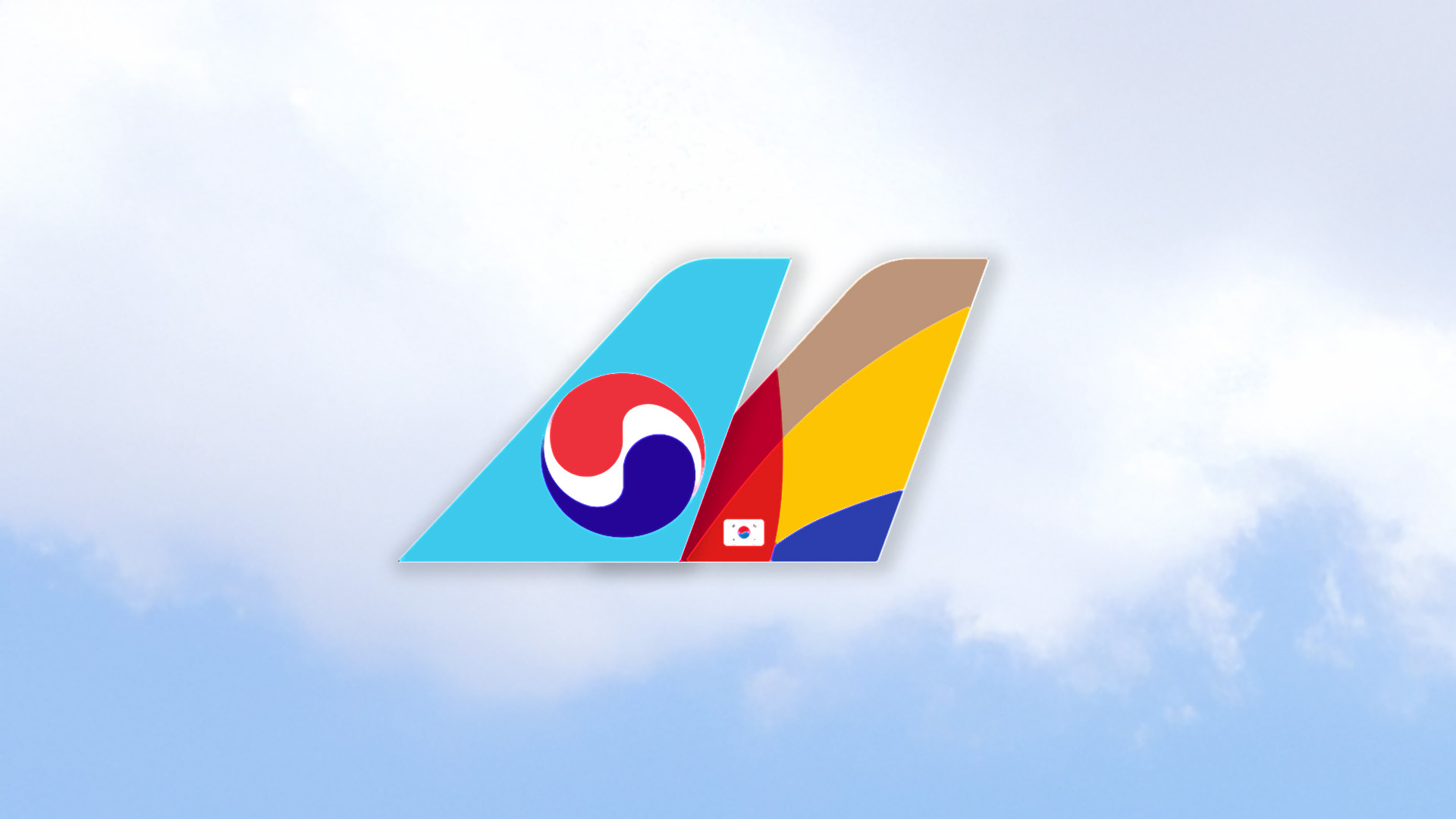
Korean Air has officially acquired a 63.88 percent stake in Asiana Airlines, completing a long-awaited merger that reshapes South Korea’s aviation industry.
Announced in November 2020 and finalized on December 12, 2024, this landmark deal creates one of the world’s top 10 airlines, blending the strengths of two iconic carriers into a unified global force.
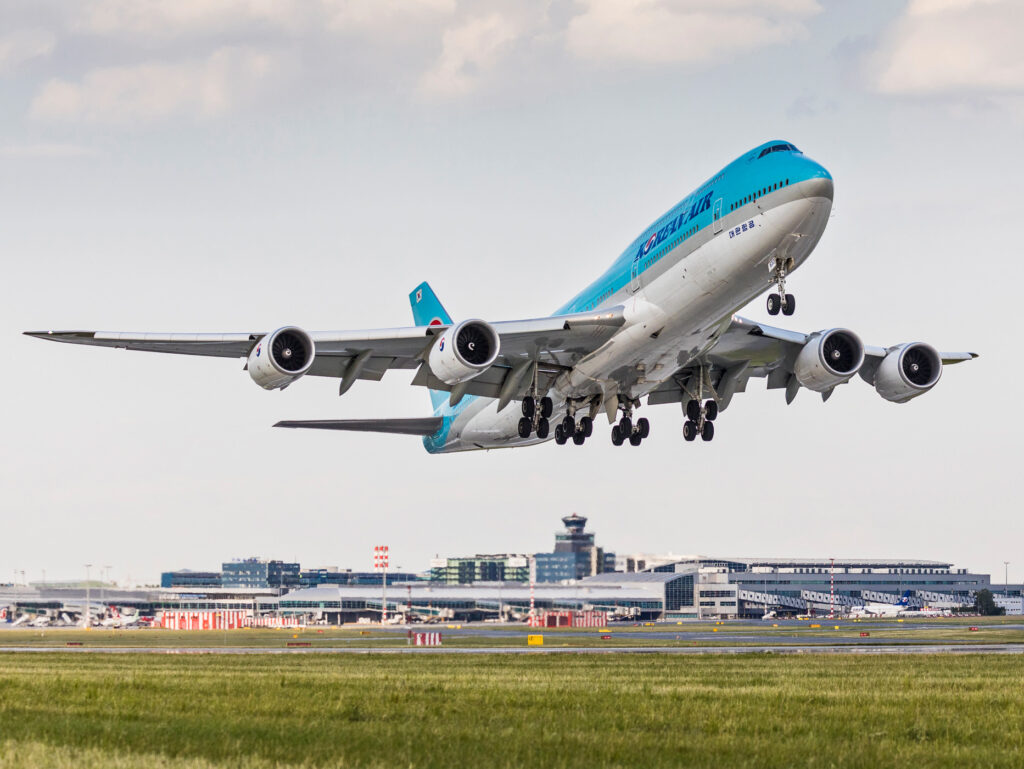
Photo: Courtesy of Korean Air
The acquisition of Asiana culminated with Korean Air paying KRW 800 billion ($559 million) for 131,578,947 newly issued Asiana shares, bringing the total transaction value to KRW 1.8 trillion ($1.3 billion), including a deposit and interim payments made during the four-year process.
Asiana Airlines will now operate as a subsidiary of Korean Air, which plans to integrate the two carriers within two years fully.
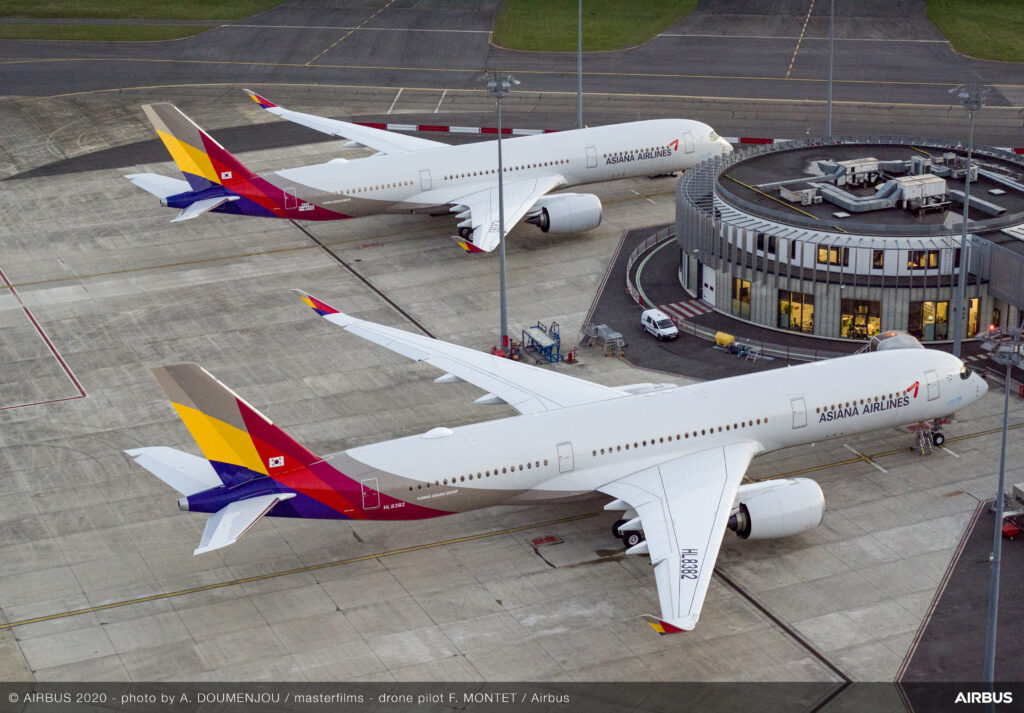
Photo: Courtesy of Airbus SAS / Florent Montet / Alexandre Doumenjou
As noted by Korean Air, the integration process begins with a shareholder meeting on January 16, 2025, where Korean Air will nominate Asiana’s new board of directors. From there, consolidation efforts will focus on optimizing flight schedules, expanding routes, and enhancing safety investments.
Looking Back: Four Years in the Making
The acquisition of Asiana Airlines by Korean Air was a meticulously planned and executed process spanning four years. The journey began on November 16, 2020, when Hanjin Group—the owner of Korean Air—announced its decision to acquire Asiana Airlines, setting the stage for one of the most significant mergers in aviation history.
Over the following months, key agreements were signed, including an investment deal between Hanjin KAL, Korea Development Bank (KDB), and affiliated shareholders.
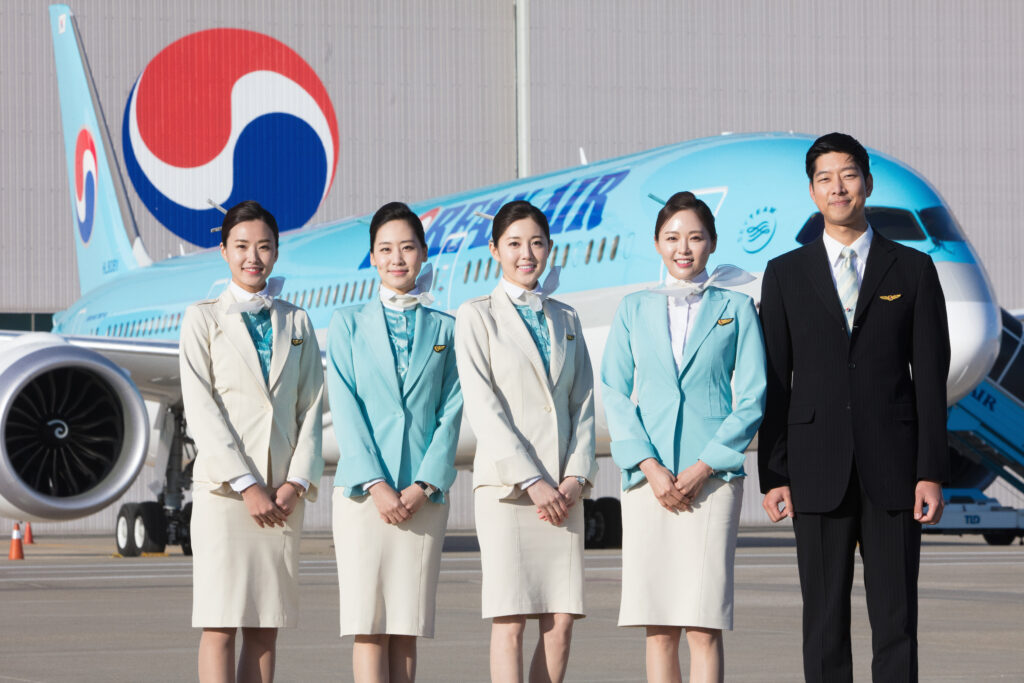
Photo: Courtesy of Korean Air
In December 2020, Hanjin KAL secured KRW 800 billion through a combination of new share acquisitions and exchangeable bonds, which facilitated Korean Air’s initial down payment for Asiana’s new shares.
Regulatory hurdles were a major focus, with Korean Air submitting business combination reports to 14 domestic and international competition authorities by January 2021.
The first approval came from Turkey’s Competition Authority in February 2021, followed by a series of endorsements from Taiwan, Malaysia, and other jurisdictions.
Korea’s Fair Trade Commission granted conditional approval in February 2022, while China’s Ministry of Commerce and the European Commission nodded in 2022, paving the way for the final acquisition.
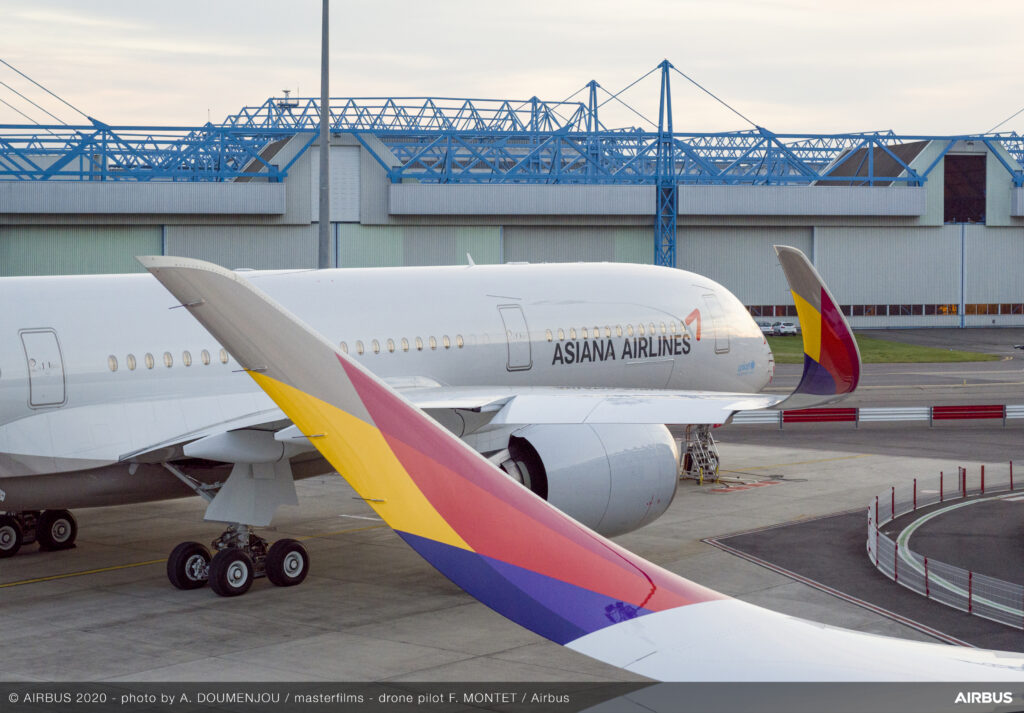
Photo: Courtesy of Airbus SAS / Florent Montet / Alexandre Doumenjou
Operational steps—including raising KRW 3.3 trillion through a new share sale in March 2021—interim payments and perpetual bond transfers, ensured financial readiness.
The process culminated on December 12, 2024, with Korean Air acquiring a 63.88 percent stake in Asiana Airlines, marking the official beginning of their integration and creating a global aviation powerhouse.
Strengthening South Korea’s Aviation
The merger between the country’s largest carriers aims to boost South Korea’s global aviation footprint.
Korean Air plans to use the combined network to expand service offerings, strengthen Seoul Incheon Airport’s role as a global hub, and increase access to new markets, particularly in Europe.
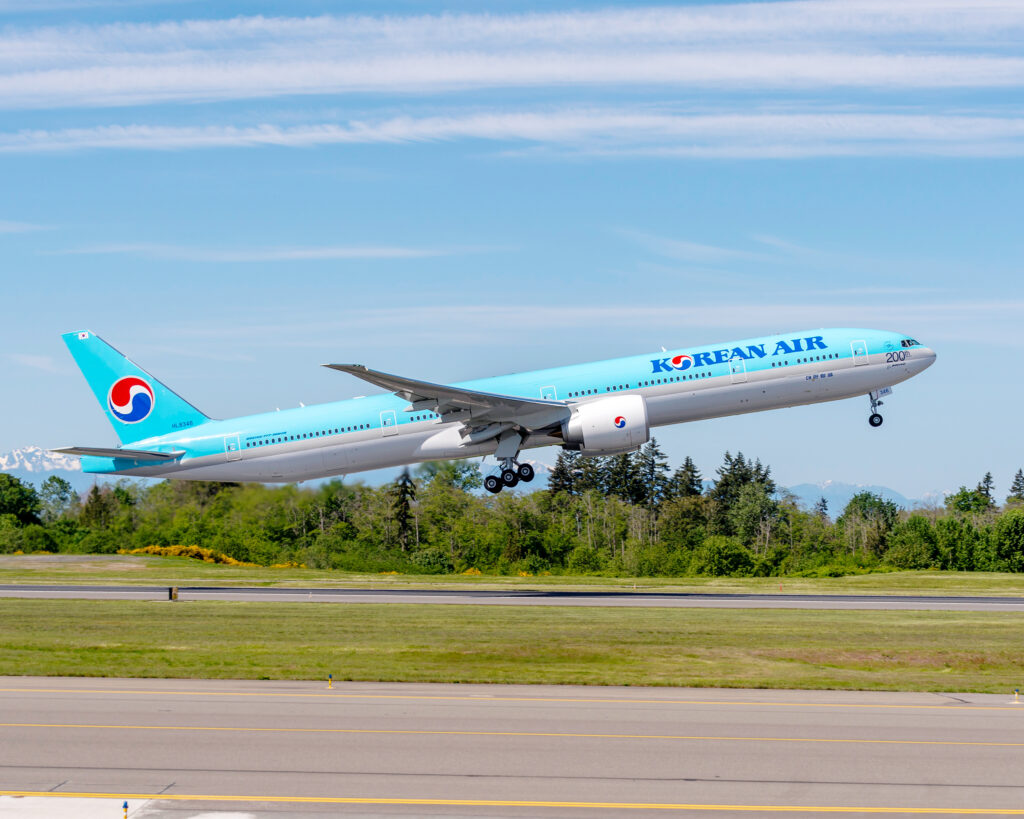
Photo: Courtesy of Korean Air
The South Korean government has also prioritized preventing monopolistic practices by reallocating slots and traffic rights on lucrative routes to low-cost carriers (LCCs) and safeguarding consumer interests.
To comply with antitrust conditions, both airlines have agreed to relinquish certain routes and slots while maintaining robust service standards.
The Korean Fair Trade Commission (FTC) will monitor compliance, ensuring fair pricing, adequate seat capacity, and continued consumer benefits such as free baggage allowances and advantageous mileage programs.
Workforce and Operational Growth
A key aspect of the merger is the workforce policy. Korean Air emphasized that this integration will not lead to job losses. Instead, the combined airline aims to foster natural staff growth through expanded operations, providing reassignment opportunities for employees in overlapping roles.
In an exclusive interview with Business Traveler, Kenneth Chang, the airline’s Chief Marketing Officer, stated that the airline is projected to grow by 60 percent, increasing its workforce from 20,000 to nearly 29,000 employees. Additionally, the fleet size is expected to expand from 150 to almost 240 aircraft.

Photo: Chief Marketing Officer, Kenneth Chang. Courtesy of Korean Air
During the interview, Korean Air outlined its plans to integrate the workers from both airlines and relocate Asiana’s operations center control (OCC) to Korean Air’s state-of-the-art newly renovated headquarters at Seoul Gimpo International Airport.
According to Chang, the merger process—which includes a brand-new corporate image, new flight attendant uniforms, and a comprehensive transformation of both ground services and in-flight offerings—is expected to take at least two years to complete.
Furthermore, Korean Air intends to submit a framework for integrating the frequent flyer programs of the two airlines by mid-2025. Following regulatory review, customers will be updated about any changes and benefits.
It is still uncertain how Asiana Airlines will approach its Star Alliance membership. Once the merger process is finalized, it is anticipated that Asiana Airlines will be fully integrated into Korean Air and will, therefore, exit the Star Alliance network.
A Historic Transformation
Asiana Airlines, which has served South Korea for 36 years, officially transitions into a new chapter under Korean Air’s stewardship. Korean Air’s CEO, who has consistently highlighted the strategic benefits of the merger, remarked that this union represents a significant milestone in Korean aviation history.
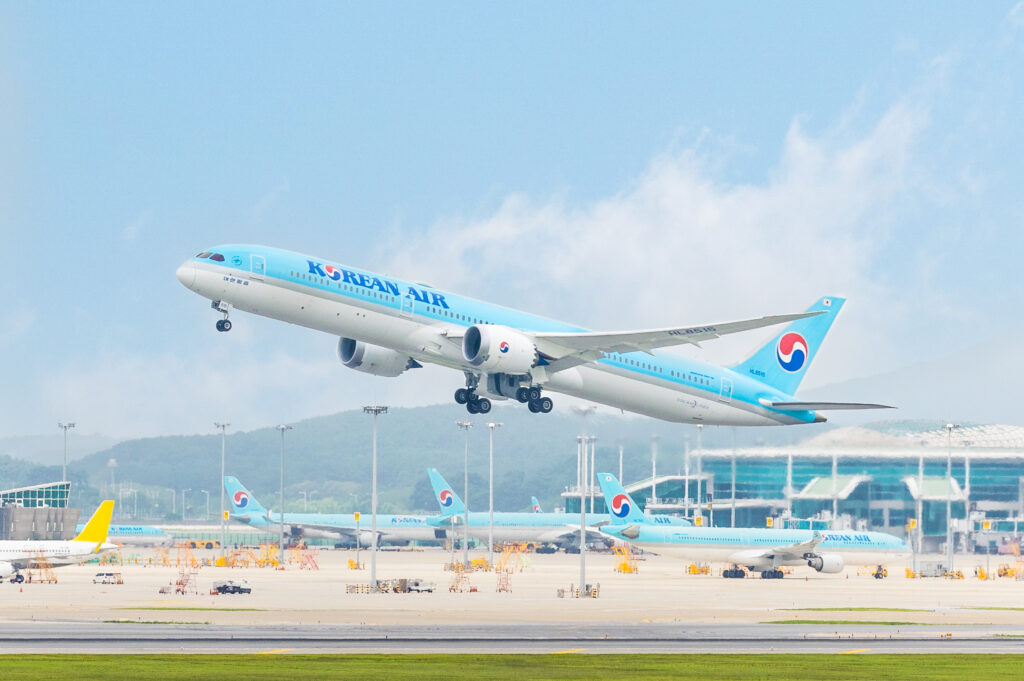
Photo: Courtesy of Korean Air
“This acquisition is more than a business transaction—it’s a transformative step toward enhancing our national aviation industry’s global standing and ensuring better connectivity for travelers worldwide,” the airline noted.
This merger signals a bold new era for Korean aviation with the promise of expanded routes, improved services, and increased consumer protections.

